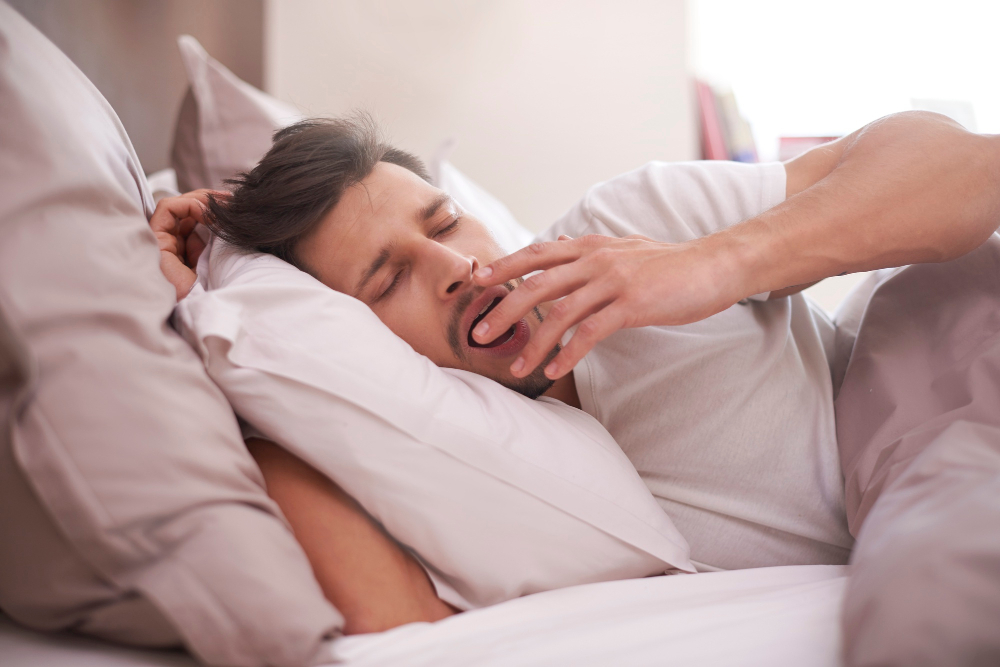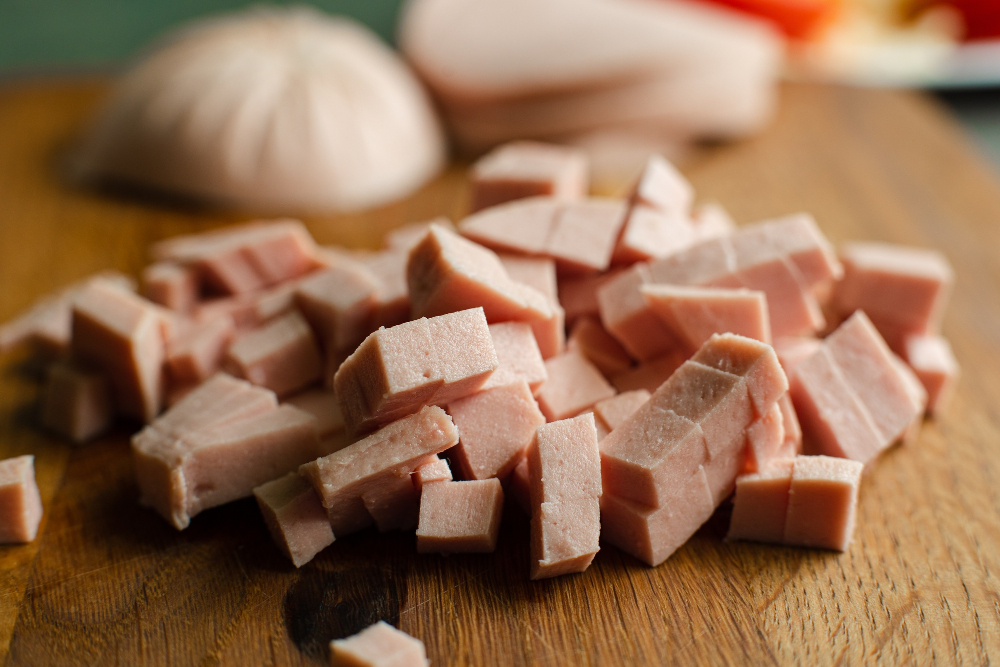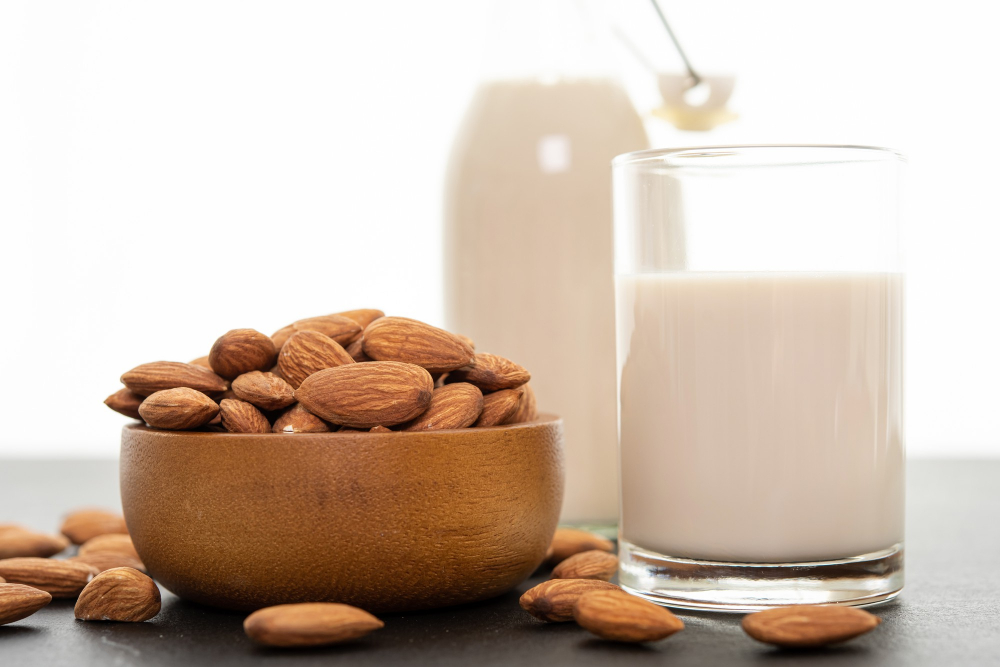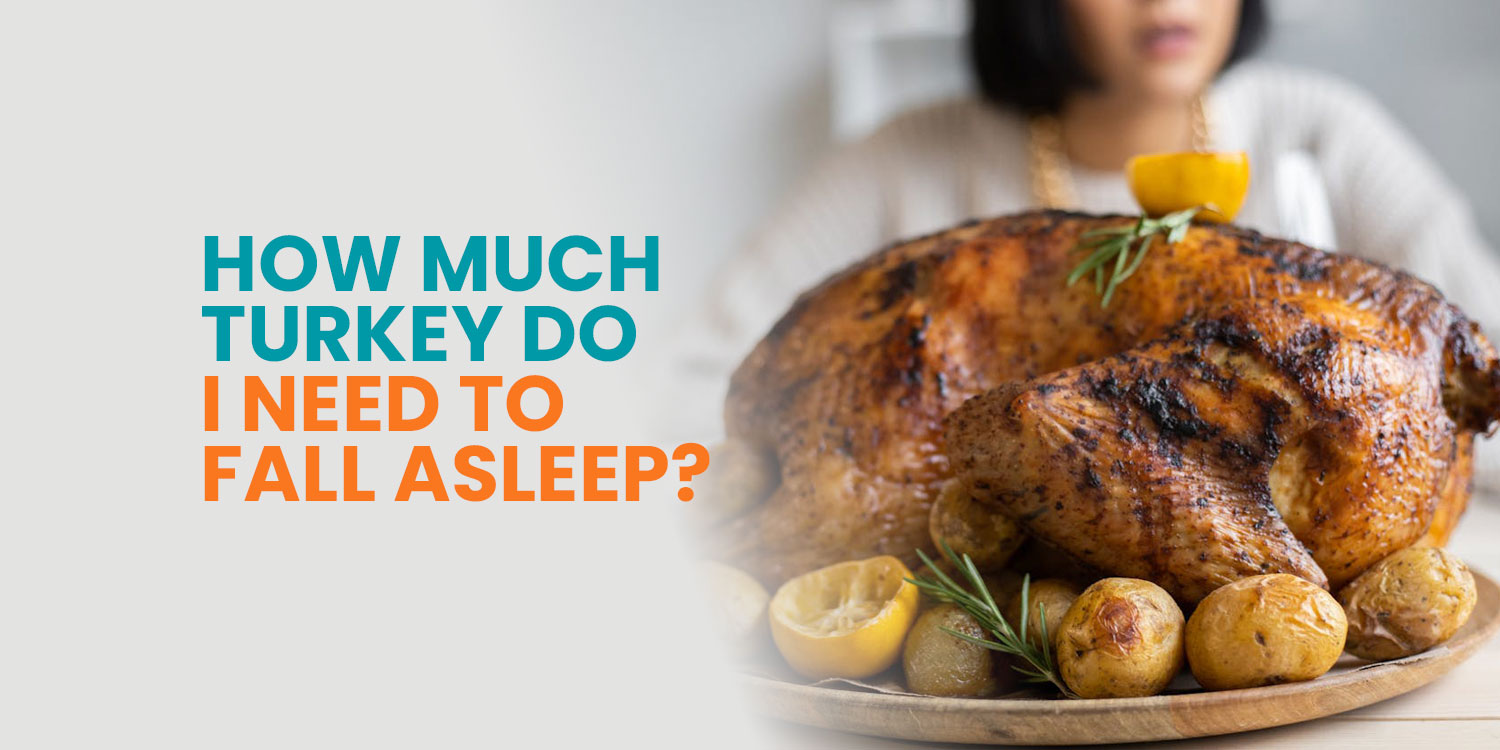How Much Turkey Do I Need to Fall Asleep? The Truth About Tryptophan and Sleep
We’ve all heard the Thanksgiving myth: Eat a big plate of turkey, and you’ll be snoozing on the couch before dessert is served. But how much truth is there to this idea? Before you start using turkey as a sleep aid, let’s break down the science behind tryptophan and its effect on sleep.
Tryptophan Truths: Does Turkey Really Make You Sleepy?
Tryptophan is an essential amino acid found in turkey, as well as in other protein-rich foods like chicken, eggs, cheese, and tofu. Your body uses tryptophan to produce serotonin, a neurotransmitter that helps regulate mood and relaxation. Serotonin can then be converted into melatonin, the hormone responsible for regulating sleep.
Sounds promising, right? But here’s the catch: The amount of tryptophan in turkey alone is unlikely to make you drowsy. A standard serving of turkey (about 3 ounces) contains roughly 250-300 mg of tryptophan, but to have a significant sedative effect, you’d likely need much more.

Serving Sizes: How Much Turkey Would You Really Need?
To induce sleepiness, studies suggest you’d need at least 1 gram (1000 mg) of tryptophan from food. That means you’d have to eat around 10 ounces of turkey—nearly an entire small bird’s worth! And even then, it’s not that simple.
Why? Tryptophan competes with other amino acids to cross the blood-brain barrier. When you eat turkey as part of a big meal, those other amino acids interfere with tryptophan’s ability to reach the brain in large enough amounts to trigger melatonin production.

Dinner Decisions: Why Lighter Meals Help Sleep More
If you’re looking for a good night’s rest, stuffing yourself with turkey (and all the trimmings) might not be the best strategy. Large, heavy meals can cause discomfort, indigestion, and acid reflux—all of which can disrupt sleep rather than promote it.

Better Bedtime Food Choices
Instead of relying on turkey alone, consider meals that include:
✔ Carbohydrates (e.g., rice, whole grains) – These help transport tryptophan into the brain.
✔ Magnesium-rich foods (e.g., bananas, almonds) – Magnesium plays a role in muscle relaxation and sleep.
✔ Warm drinks (e.g., chamomile tea, warm milk) – These can have a calming effect before bed.

The Bottom Line
While turkey does contain tryptophan, eating a normal serving won’t knock you out. If anything, it’s the carb-heavy Thanksgiving meal (think mashed potatoes, stuffing, and pie) that’s more likely to make you feel sluggish by raising blood sugar levels and causing a post-meal energy crash.
So, if you’re having trouble sleeping, you might want to look beyond your dinner plate and focus on good sleep hygiene—reducing screen time before bed, keeping a consistent sleep schedule, and avoiding caffeine and heavy meals late at night.
Now, if you do want to eat your way to sleep, you’d better be prepared to gobble up about five to ten servings of turkey—and that might just keep you awake with a stomachache instead! 🦃😴

References
- Fernstrom, J. D. (2012). “Effects and side effects associated with the non-nutritional use of tryptophan by humans.” The Journal of Nutrition, 142(12), 2236S-2244S.
- Silber, B. Y., & Schmitt, J. A. J. (2010). “Effects of tryptophan loading on human cognition, mood, and sleep.” Neuroscience & Biobehavioral Reviews, 34(3), 387-407.
Peuhkuri, K., Sihvola, N., & Korpela, R. (2012). “Diet promotes sleep duration and quality.” Nutrition Research, 32(5), 309-319.




